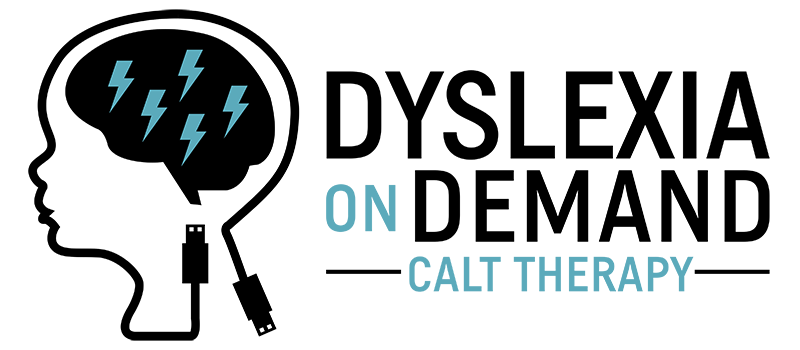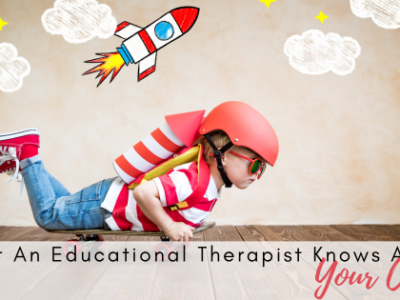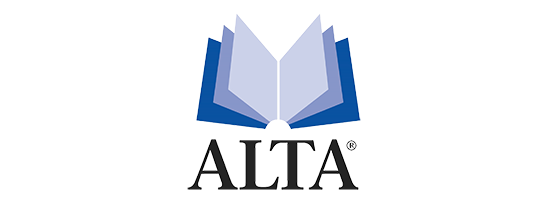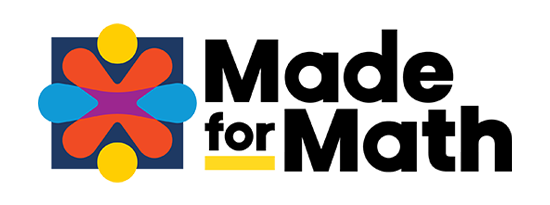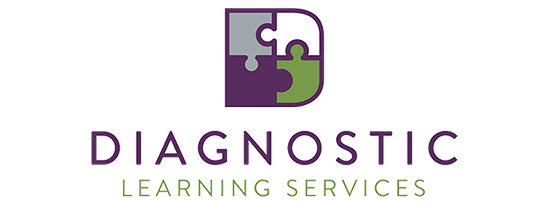
What to Expect From An Educational Therapist
Throughout history, many individuals have helped to shape our understanding and implementation of education. In the realm of early education, Maria Montessori developed a method based on children’s natural curiosity and eagerness to learn. Montessori schools—focused on early childhood education—center on hands-on experiences and a deep respect for the child. John Dewey believed that education should be based on real-world experiences, inspiring students to learn by doing. Margaret Mead believed that education should be tailored to the individual needs of each child. All these educators and their philosophies are still influential today.
However, different challenges can creep into the world of education, and sometimes—despite the implementation of great educational philosophies—students can face tough academic challenges. Seeking extra educational support can be necessary for students who need extra support. Educational therapists are professionals who can help students with learning and academic challenges, truly tailoring an educational experience to the individual child. These therapists can work with students of all ages, from preschoolers to adults, providing support for a variety of learning needs including dyslexia. Read on to learn more about what to expect from an educational therapist.
Assessments are key to understanding. Educational therapists will often do comprehensive assessments of a student to determine the student’s strengths and weaknesses. These baseline tests can also help to identify areas in which a student may need additional support.
One-on-one is important. It is easy for students with learning disabilities to get lost in a large classroom setting. While the social part of classroom learning can be great for kids, students who struggle may have a hard time getting the right kind of academic instruction they need. Educational therapists can provide individual instruction that can help students to develop skills they need to succeed both in school and in life outside of the classroom.
Individual interventions. Things like tutoring, counseling, and social skills training can all be a part of the therapy that educational therapists provide. For each student, a therapist might implement a variety of different interventions to help students overcome their learning challenges.
Specific strategies. Not every student is the same. Educational therapists know this, and they can teach students how to organize their work, take notes, and to study effectively in a way that is most efficient for each student. These therapists can also help students to develop strategies that can help them to overcome specific learning challenges like dyslexia.
Collaboration is essential. While educational therapists can be highly influential and important to a student’s success, it truly takes a village. The teamwork of parents, teachers, therapists, and even other professionals can help to ensure that students get the educational support that they need.
#Goals. Setting realistic, attainable goals is such an important piece of the puzzle for students who work with educational therapists. Achieving goals can help motivate students to learn and provide positive reinforcement. Reaching these goals can point students in the direction of developing a true growth mindset.
Not just academics. While the term educational therapists seems to point to an emphasis on academics, it’s important to note that educational support can also help students to develop better social-emotional skills. When students improve their skills in communication, problem solving, and conflict resolution through educational therapy, the benefits pour into other parts of their life as well.
A professional approach. Educational therapists are highly educated themselves; they’re knowledgeable about the latest (as well as the most foundational) research on learning and development. These professionals are also skilled in the implementation of a variety of interventions that can help students to reach their goals.
Flexibility allows for growth. One of the great aspects of working with an educational therapist is the room for adaptability in their teaching approach. Some tutoring programs are rigid and linear in their format, which can be difficult for students with disabilities to navigate. Educational therapists have the ability to be flexible in order to meet the needs of their students, giving the most effective support for each student.
Empathy is of the essence. Working one-on-one with an educational therapist allows for a personal touch throughout a student’s process of learning. Improving and growing can come with challenges and frustration, but educational therapists remain committed to helping students to feel supported, motivated, and understood.
Do you have a child who needs an educational therapist to alleviate learning struggles? While a CALT is similar to an educational therapist, the qualifications are different. Does your child have dyslexia? The experts at Dyslexia on Demand can help to educate families about the differences between tutoring and therapy.
At Dyslexia on Demand, the educational therapists that work with students are specially trained Certified Academic Language Therapists (CALTs). They review students’ evaluations and academic work, administer assessments, and prescribe personal interventions to help students succeed. Learn more about Dyslexia on Demand and its powerful approach to helping students with dyslexia. Their online programs can change the lives of kids who struggle with reading. Call 888-292-3906 to find out more.
